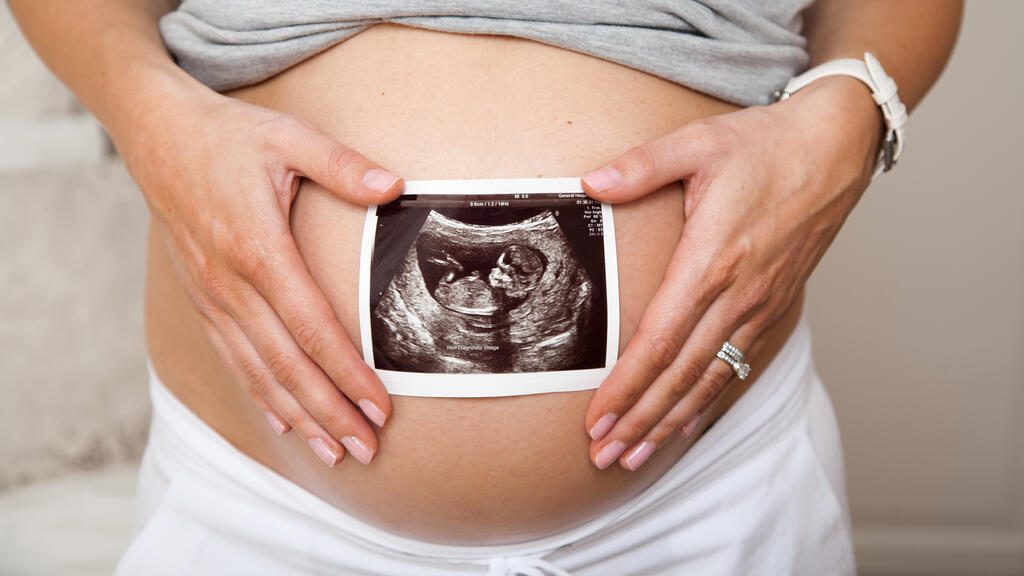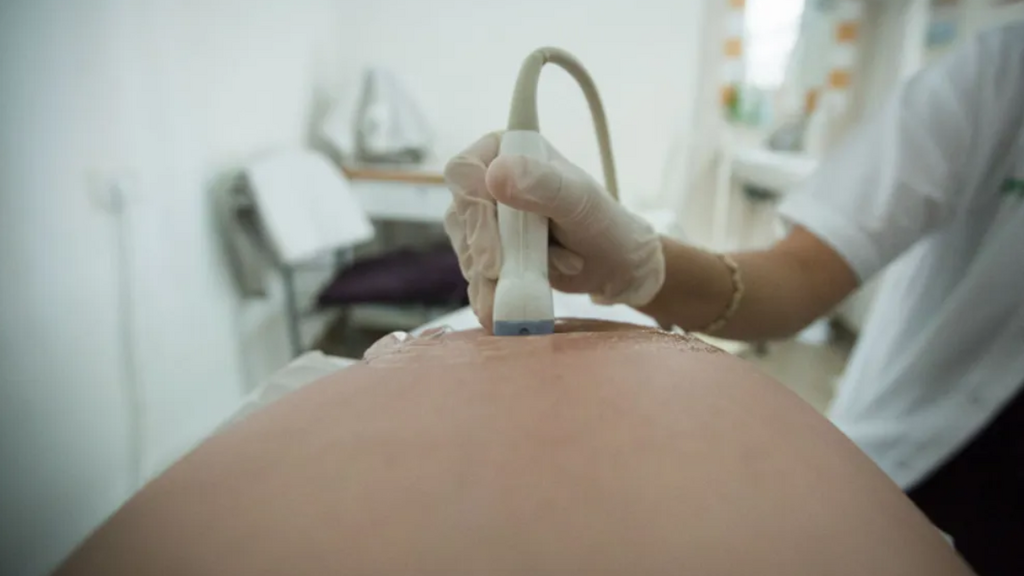There are many factors that influence the choice to get pregnant, with prior knowledge and accurate timing being at the forefront. Beyond the obvious emotional element, there are several technical and physical considerations worth noting, which we will clarify in this guide.
Read more:
You've decided you want to get pregnant, what is important to know and do?
First and foremost, take deep breaths, relax your body, and trust it. Stress can negatively affect your chances of getting pregnant. Try to stay calm, undergo tests and monitoring, and engage in sexual intercourse during the right days.
How should you prepare your body for pregnancy?
The correct way, according to the Health Ministry, is to start taking folic acid three months before attempting to conceive, regardless of the results of your blood tests.
When should you see a doctor?
It is recommended to schedule an appointment with a gynecologist as soon as you decide to pregnant. The gynecologist will guide you to undergo the appropriate tests and, based on the results, may recommend certain vitamins or vaccines.
Additionally, the Health Ministry recommends that all pregnant women take 30 mg of iron starting from the second trimester. Women with anemia or iron deficiency should take a higher dosage according to their physician's instructions. After the initial visit to the gynecologist, it is time to undergo genetic testing. Your gynecologist will provide you with a referral for these tests as well.
When should you undergo additional tests, and when is it advisable to check if something is off?
Only after a year of trying to conceive should you seek further medical tests to investigate further.
Ovulation: When is the window of opportunity?
Many women who have difficulty getting pregnant think it is due to some medical issue, either with themselves or their partner. However, often they are not tracking their ovulation accurately and potentially missing their fertility window. In general, women are sometimes unaware that there is a limited number of days each month during which it is possible to conceive.
"Has it been several months and you still haven't seen a positive pregnancy test? While this is indeed frustrating, typically, trying for up to a year is considered a reasonable timeframe. My recommendation is to ask your doctor for an ultrasound test to ensure you don't miss ovulation."
If we go strictly by the book, a menstrual cycle lasts 28 days, but this varies from woman to woman. In most cases, ovulation occurs in the middle of the cycle, around day 14.
However, some women may experience ovulation earlier or later, which can make it more difficult to conceive. There are also situations where ovulation occurs during what is considered Niddah days, which are days in which a woman is menstruating and thus prohibited to engage in sexual intercourse by Jewish law. Thus, a woman who follows Nidda laws can potentially miss ovulation and not be able to conceive (a condition known as halachic infertility).
How can you better prepare for ovulation?
You can request a referral from your doctor for an ultrasound test to determine the day of ovulation. Additionally, you can use ovulation predictor kits, available at pharmacies. They are more convenient to use but less accurate than ultrasound tests.
How long is it reasonable to try to conceive?
Has it been several months and you still haven't seen a positive pregnancy test? While this is indeed frustrating, typically, trying for up to a year is considered a reasonable timeframe. My recommendation is to ask your doctor for an ultrasound test to ensure you don't miss ovulation. Around the time of ovulation, it is recommended to have intercourse every other day to avoid weakening the sperm and improve the chances of pregnancy.
What should you do when you receive a negative result?
It means you are likely menstruating soon and can try again during your next ovulation. This should occur approximately 14 days after getting your period. However, as mentioned before, the timing may vary from woman to woman.
What should you do when you receive a positive result?
First and foremost, smile, rejoice, and express gratitude! Afterward, it's important to schedule a blood test to confirm the pregnancy. Then, around week 7-8, you should have an appointment with a gynecologist. The blood test will confirm the presence of a heartbeat and overall well-being. At this stage, together with the doctor, you can calculate the gestational age based on the date of the last menstrual period and estimate the expected due date.
What do women feel during pregnancy?
It is very individual. Some women may feel tiredness, experience nausea and sensitivity to smells, have breast tenderness, and struggle sleeping, especially during the first trimester. However, some women may not feel anything during the early weeks of pregnancy. So, take that into account as well.
When should you announce your pregnancy?
In Israel, it is generally customary to announce the pregnancy after the significant ultrasound examination, known as the nuchal translucency scan, which is usually done around weeks 12-13. However, there is no right answer, and each woman can choose when she feels comfortable sharing. Some women wait until the first prenatal check-up or the amniocentesis test, which is performed in earlier weeks.
Should I undergo amniocentesis?
The Health Ministry recommends amniocentesis for any woman over the age of 35. Even women younger than 35 can choose to undergo the test. I believe it is a very important test and recommend it.
We are planning for our second child, how long will it take for me to get pregnant again?
Generally, after a normal delivery, there is no concern about getting pregnant again. The postpartum period lasts around six weeks, during which the body needs to recover. After that, there is no impediment to getting pregnant again. After a cesarean section, the medical recommendation is usually to wait between one and one and a half years before attempting another birth.






